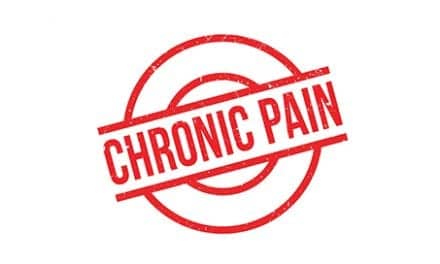The Centers for Medicare & Medicaid Services (CMS) announced at least six types of healthcare facilities among additional participants for a pilot program directed at helping to improve care and reduce costs for Medicare.
According to a CMS media release, those added to the program include more than 2,100 acute care hospitals, skilled nursing facilities, physician group practices, long-term care hospitals, inpatient rehabilitation facilities, and home health agencies that have transitioned from a preparatory period to a risk-bearing implementation period in which they assumed financial risk for episodes of care.
Of these, 360 organizations have entered into agreements with CMS to participate in the Bundled Payments for Care Improvement initiative and 1,755 providers have partnered with those organizations. CMS defines an episode of care as the set of services provided to treat a clinical condition or procedure, such as a heart bypass surgery or a hip replacement, per the release.
“We are excited that thousands of providers in the Bundled Payments for Care Improvement initiative have joined us in changing the health care system to pay for quality over quantity—spending our dollars more wisely and improving care for Medicare beneficiaries,” said Patrick Conway, MD, CMS acting principal deputy administrator and chief medical officer, in the release.
“By focusing on outcomes for an episode of care, rather than separate procedures in care delivery, we are incentivizing hospitals, doctors and other providers to work together to provide high quality, coordinated care for patients,” he continues.
Bundling payment for services that patients receive across a single episode of care is one way to encourage doctors, hospitals, and other healthcare providers to work together to better coordinate care for patients, both when they are in the hospital and after they are discharged, the release explains.
Through the Bundled Payments for Care Improvement initiative, CMS is testing how bundled payments for clinical episodes can result in better care, smarter spending, and healthier people. The initiative includes four models of bundled payments tied to inpatient hospital admission. The models vary by the types of providers involved and the length of the bundle after the hospitalization, the release continues.
CMS recently announced a new Medicare Part A and B payment model, the Comprehensive Care for Joint Replacement Model. Although the Comprehensive Care for Joint Replacement Model is distinct from the Bundled Payments for Care Improvement initiative, both initiatives are part of the innovative framework established by the Affordable Care Act to move our health care system toward one that rewards providers based on the quality, not quantity, of care they deliver to patients. The Administration earlier this year announced the goal of tying 30% of Medicare payments to quality and value through alternative payment models by 2016 and 50% of payments by 2018, per the release.
[Source: Centers for Medicare & Medicaid Services]




